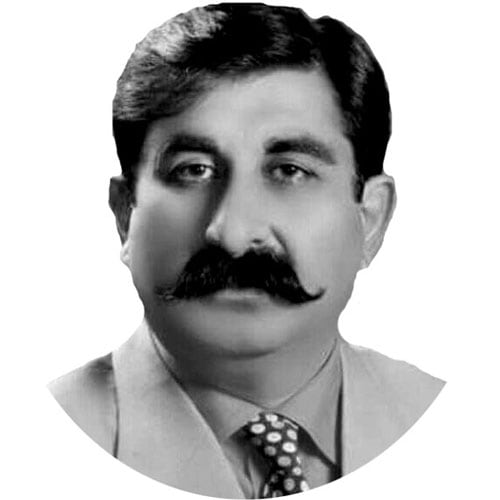Sudan: Not a coup but correction
EXCEPTIONAL measures are taken by the military to correct the course of the revolution and prevent a war in Sudan.
Defiant protesters remain on the streets of Sudan. Chanting and waving flags, the people have blocked roads in the capital Khartoum and around the country.
General Abdel Fattah Burhan dissolved civilian rule, arrested political leaders on corruption charges and called a state of emergency.
General Burhan has justified to avoid civil war and that the detained prime minister will be returned to his home. Earlier, he sought to justify the intervention by blaming political infighting.The intervention has drawn global attention.
The UN Security Council should meet, discuss and resolve the crisis. Troops have been going home to home in Khartoum arresting local protest organisers.
The city’s airport is closed and international flights are suspended. The internet and most phone lines are also down. Central Bank staff have gone on strike and across the country doctors are refusing to work in military run hospitals except in emergencies.
Civilian leaders and their military counterparts have been at odds since long-time ruler Omar al-Bashir was overthrown in 2019.
The US has halted $700 m in aid. Because of western and American policies Sudan is under tremendous pressure. After a night of protests, demonstrators remained in the streets demanding the return of civilian rule. Civilian rule is the people’s choice.
They chanted as they set up barricades of burning tyres. Many women are also taking part, shouting “no to military rule”. The protests continue despite troops opening fire on demonstrators.
The fatal shootings had happened outside the military compound.World leaders have reacted with alarm to news of the military intervention.
The US has joined the UK, EU, UN and African Union, of which Sudan is a member, in demanding the release of political leaders who are now under house detention. Among them are Prime Minister Abdalla Hamdok and his wife, along with members of his cabinet and other civilian leaders.
A special security unit of the military went to the prime minister’s home early and tried to persuade Hamdok to agree to the intervention, but he refused.
The agreement between civilian and military leaders signed in 2019 was designed to steer Sudan towards democracy. Sudan was still committed to the transition to civilian rule, with elections planned for July 2023.
The Sudan revolution found wide support from all sectors of the Sudanese people, which included political forces represented in the forces of national consensus, the gathering of professionals, youth groups and armed struggle movements, which led to the overthrow of the Salvation regime on April 11, 2019.
The military and security force led to the success of the change, and the military component formed a protection for the people from the expected reaction of the former regime.
But the dispute began between the parties due to the non-compliance of the forces of freedom and change with what was stipulated in the constitutional document.
Choosing a partisan government, contrary to what the document stipulates, to form an independent, non-partisan government of competencies.
Delaying the process of completing the transitional authority structures represented in the following Parliament, Constitutional Court, the High Judicial Council, the Supreme Prosecution Council and Commissions fighting corruption, transitional justice, constitution, elections.
Disagreements escalated within the civil component of the forces of freedom and change against the background of a small group’s monopoly seized the political decision and excluded their civilian partners including the parties of peace agreement signed in Juba in October 2020, which led to the division of the Assembly into two competing groups that almost led the country to a civil war due to political exchanges and the racist abuse by some leaders of the four ruling parties towards their opponents from the second wing.
The partners’ crisis resulted in a deterioration in the economic and living conditions and the expansion of the security situation with the renewal of tribal conflicts and the increase in hate speech and a noticeable rise in the ceiling of tribal demands that reached the level of demanding the secession of some regions and calls for self-determination.
Sudan became close to slipping into an internal war and chaos which required the Commander-in-Chief of the Army to dissolve the Sovereign Council and the government while adhering to the constitutional document in letter and spirit regarding the formation of a full civilian government and the Legislative Council, the completion of the judicial institutions and commissions concerned with the constitution and the preparation of the election law, which the dissolved government failed to form with full commitment to hold the election at the time specified in the constitutional document in June from the year 2023.
So, the matter was not a coup, but a correction of the course of the revolution, which was deviated due to the seizure of a small number of political parties, the majority of which are leftist parties, over the decision in the country, their exclusion of other parties, armed struggle movements and their refusal to hold the elections at the time specified in the constitutional document.
—The writer, based in Islamabad, is book ambassador, columnist and author of several books.










